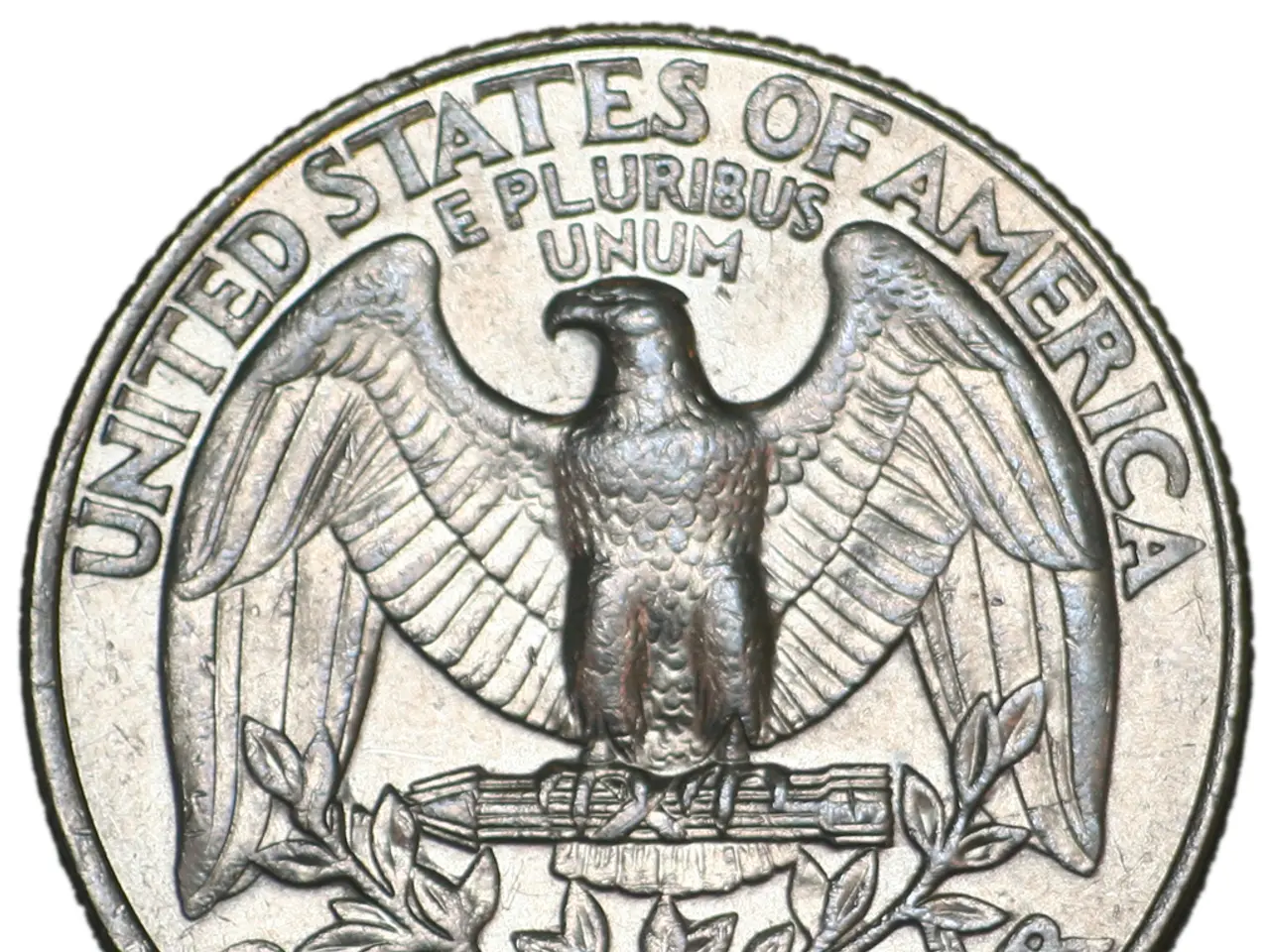Trump Institutes Fresh Tariffs on Southeast Asian Countries, Specifically Targeting Thailand
The United States has imposed tariffs on several countries, including Thailand, Cambodia, Malaysia, Indonesia, the Philippines, Vietnam, Brazil, Taiwan, Brunei, Laos, and Myanmar, as part of President Trump's trade emergency declaration. The tariffs are primarily justified by the administration's framing of persistent and substantial trade deficits with these countries as a national economic security threat.
The tariff rate for Thailand, Cambodia, and Malaysia is set at 19%, following negotiations and some easing from initially proposed higher tariffs. Malaysia, which mediated a ceasefire deal between Thailand and Cambodia, was also assigned the same rate. Vietnam faces a slightly higher rate of 20%, while Brunei and Brazil will bear a 25% and 10% tariff, respectively. Laos and Myanmar will bear the heaviest burden at 40%.
The tariff imposition is strategic and punitive, aiming to reduce the US trade deficits and pressure trading partners to move towards more balanced trade. The tariffs are also used as leverage in broader trade negotiations and to address geopolitical issues such as the border clashes between Thailand and Cambodia.
This move is part of a wider, unprecedented use of the International Emergency Economic Powers Act (IEEPA) by the Trump administration to address perceived trade imbalances beyond the traditional scope of economic sanctions. The new duties will apply to goods entering for consumption or withdrawn from warehouses for consumption at or after 12:01 AM Eastern Time, seven days following the executive order's signing, specifically 7th August.
The executive order mandates immediate action across federal agencies, including the Departments of State and Treasury, the President's Advisory Committee on Economic Security and Production, and the International Trade Commission. The US Customs and Border Protection (CBP) has been granted enhanced powers to identify and penalize goods using transshipment methods to avoid tariffs.
The US government will publish lists of countries and factories involved in tariff avoidance every six months for security and government procurement considerations. The implementation costs will be borne by the Office of the US Trade Representative. The executive order does not create legal rights for individuals to sue or claim benefits from the federal government, nor does it affect existing agency authorities or budget responsibilities.
Agencies may suspend regulations temporarily, issue new guidelines, and apply relevant legislation directly to ensure practical implementation. The new duties do not apply to the state of Thailand, but they do affect multiple nations, including those previously mentioned. The order explicitly states it does not affect existing agency authorities or budget responsibilities.
- The tariffs imposed by the United States on several countries as part of President Trump's trade emergency declaration are not only aimed at reducing trade deficits but also used as leverage in broader international politics and general-news events, such as the border clashes between Thailand and Cambodia.
- The international economy could be significantly impacted by these tariffs, as various countries, including Thailand, Cambodia, Malaysia, Vietnam, Brunei, Laos, myanmar, Brazil, and Taiwan, face different tariff rates that range from 10% to 40%.
- The enforcement of these tariffs extends beyond just the economic sector, with federal agencies like the Departments of State and Treasury, the President's Advisory Committee on Economic Security and Production, and the International Trade Commission taking immediate action, as mandated by the executive order.
- The new duties will also have implications for the health of various businesses and finance sectors, as they will affect goods entering for consumption or withdrawn from warehouses for consumption at or after 12:01 AM Eastern Time, seven days following the executive order's signing, specifically 7th August.




